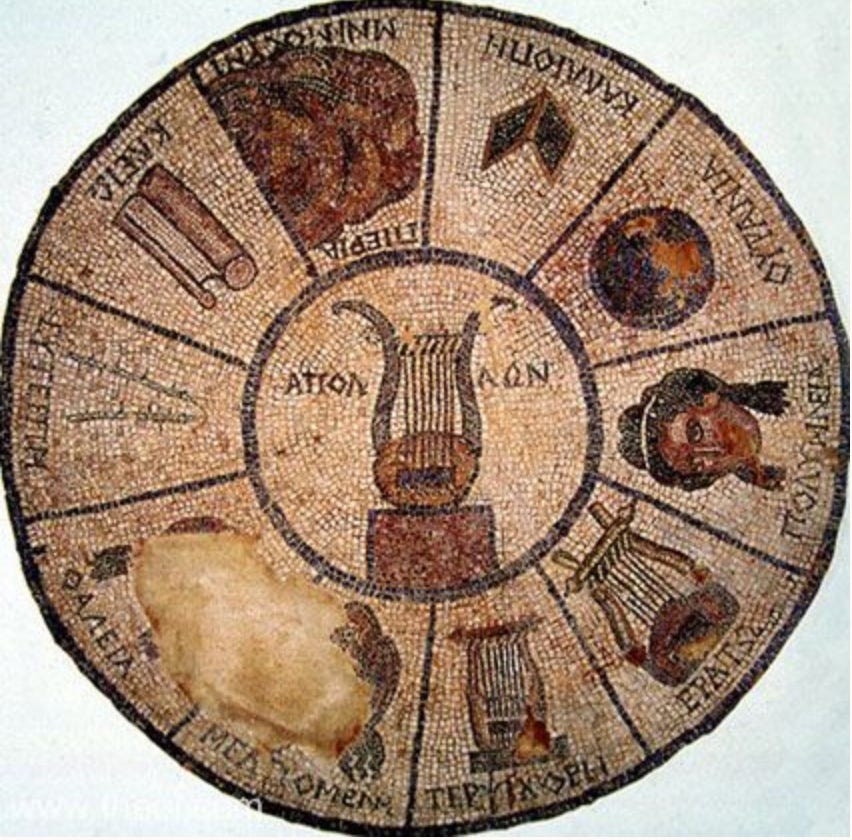Catullus Being Naughty
An invitation to have fun
Out of the 116 surviving poems of the poet Catullus, a good proportion can be considered racy or even lewd. Writing in Rome in the 50s BC, Catullus was an innovator in using Greek metrical forms in Latin to compose short poems intended to amuse and shock. As he says in one poem (no. 16), they are designed “to get a rise not just out of youngsters, but out of shaggy old men!” Most of these are in a snappy metre called hendecasyllables, in which the line speeds up as it goes, imitated by Tennyson with ‘O you chorus of indolent reviewers, / irresponsible indolent reviewers!’
In poem 32 Catullus asks Ipsitilla to invite him round to her place. About Ipsitilla we know nothing, but the name might suggest the Greek verb tillo meaning ‘to pluck (pubic) hair’. The poem is one long sentence beginning with a cool request that gives way first to a grandiose promise and then to a down-to-earth plea for urgency. Catullus coins the word fututiones from futuo (fuck) as a mock-official term for what he’s hoping for from Ipsitilla, and ends by saying (literally translated) ‘I’m pounding through my tunic and cloak’.
Please may I ask, sweet Ipsitilla,
my honey, my demure man-killer –
invite me for a noon siesta,
and if you do, let me request a
favour: see your door’s unfastened,
don’t venture out or change location,
but stay at home in preparation
for nine straight bouts of fuculation –
just ask me quick! since now I’ve eaten,
and lying full, my stiffie’s tearing
holes into the clothes I’m wearing.
In Latin:
amabo, mea dulcis Ipsitilla, meae deliciae, mei lepores – iube ad te ueniam meridiatum, et si iusseris, illud adiuuato, ne quis liminis obseret tabellam, neu tibi lubeat foras abire, sed domi maneas paresque nobis nouem continuas fututiones – uerum si quid ages, statim iubeto, nam pransus iaceo et satur supinus pertundo tunicamque palliumque.
‘Nine straight bouts’ might seem unduly boastful (the verse form would have allowed 2,4,5, 7 or 8), and it has been suggested that the number refers to the nine Muses, goddesses of poetry. Perhaps we are to imagine the lovers’ proposed liaison as epic (Calliope), their hearts full of song, music, and dance (Melpomene, Terpsichore, Euterpe, Polymnia), as well as laughter (Thalia) and love (Erato) reaching heavenly heights (Urania) and even making history (Clio). Or perhaps not.
At any rate, the image of the Muses on the mosaic depicted would make a colourful circular bedcover.



Well attested practice. Remember this?
https://www.cambridge.org/core/journals/journal-of-hellenic-studies/article/abs/genital-phobia-and-depilation/31D6096EE56390F427D576490DC6AFE2
Good grief, the things we *didn't* cover at school! Tillw's (phone doesn't seem to fancy the Greek alphabet - or I haven't found it) such a useful verb. So practical, the Greeks...